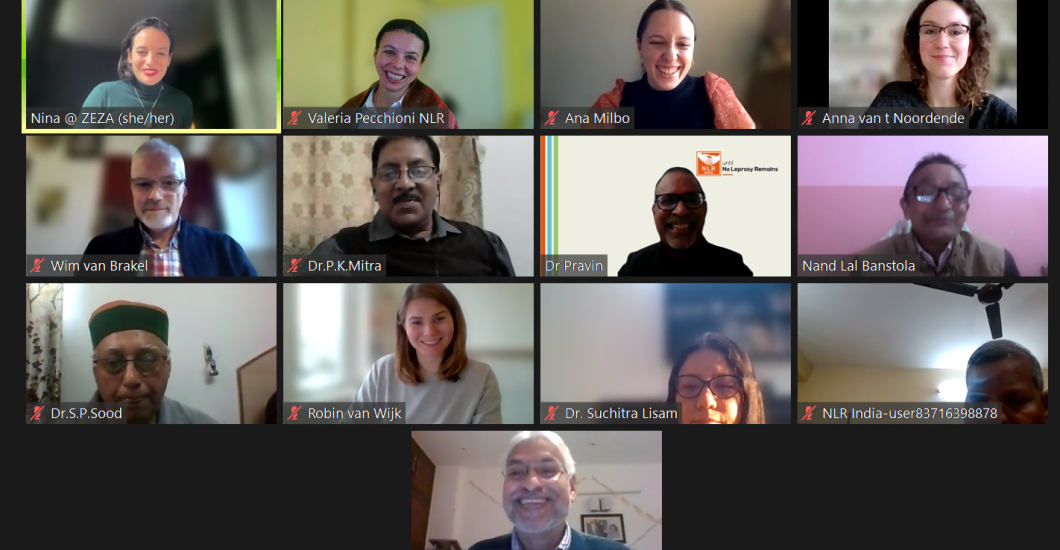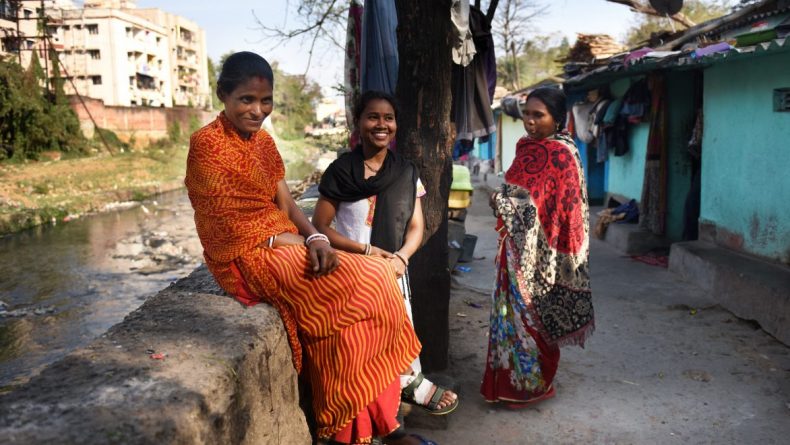NLR Highlights 2021
NLR keeps moving forward to a world without leprosy within one generation.
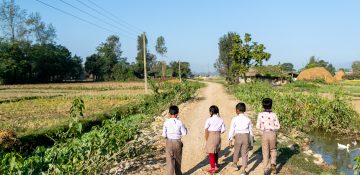
Flow with the tide
After a year of overcoming challenges, in 2021 NLR continued to support persons affected by leprosy in a flexible manner, honouring government measures and facing obstacles head on. Despite the COVID-19 pandemic, our donors showed that altruism is very much alive and continued to support NLR’s initiatives because they believe in our purpose.
We are united by a strong mission and vision: a world without leprosy and its consequences. In 2021 NLR has achieved some great results. Here are NLR’s top 10 highlights of 2021 (random order).
1. Support for tens of thousands persons affected by leprosy
To deal with COVID-19, NLR continued providing emergency aid to help persons affected by leprosy by distributing self-care and medication packages. We started projects to preventively treat people against leprosy. Healthcare workers have been trained about leprosy, the prevention of disabilities due to leprosy, and how to reduce stigma towards persons affected. This allowed us to make a positive impact in the lives of people who have experienced leprosy. We will continue to do so until No Leprosy Remains! Take a look at our Highlights 2021.
2. New NLR study shows elimination of leprosy is on the horizon
New research by NLR and Erasmus University MC, published in PLOS Neglected Tropical Diseases, shows that the cumulative number of individuals requiring preventive treatment is projected to be 40 million globally to reduce the incidence by 90% in 22 years. This demonstrates the scope of the leprosy problem is far greater than the 200,000 new cases reported annually. CEO of NLR Linda Hummel, says: “These numbers may seem high. However, it has always been clear that we shouldn’t focus solely on the new cases reported annually. On a global scale, preventive treatment of 40 million people for leprosy is achievable if we coordinate our resources and efforts. Working together effectively with all actors is key. With joint action, zero leprosy is on the horizon!”
Researchers of NLR and Erasmus MC applied mathematical modelling to predict the impact of a combined approach of contact screening and provision of preventive treatment on new cases of leprosy. The time to reach a 90% reduction in new cases, however, could be shortened if more effective strategies for early diagnosis are implemented, such as extending the number of contacts provided with PEP, a second dose of treatment after 2 years, or the use of a diagnostic test to identify early infection in combination with providing an enhanced PEP regimen.
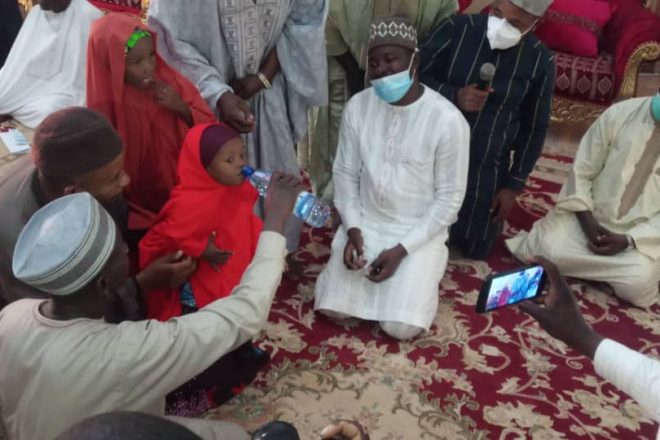
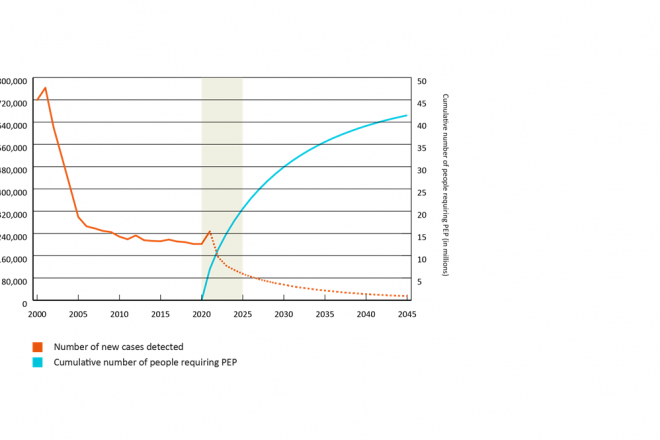
3. Building an International Fundraising community
In 2021 the Institutional Fundraising motto was setting up coordination with others. Successes include the building of fundraising communities at NLR, with INGOs in the Netherlands and also within ILEP. Within the NLR Alliance, fundraisers in countries were encouraged to learn from each other and share information, tools and best practices. The coordination between other INGOs has led to new opportunities which NLR has helped set up in 2021. Larger multi-million project ideas are being developed in 2021 and into next year, together with many colleagues. This includes one for the Postcode Lottery and other donors, to tackle the global challenge of building capacity of health workers in an efficient manner. NLR has developed the S.K.I.N. Initiative, a multi-country plan to reduce suffering through timely diagnosis and proper treatment of tropical skin diseases by competent health staff. By pooling knowledge, learning resources and funding from various new partners we aim to make great strides in capacity development throughout the Skin NTD field.
4. Stop the Transmission of Leprosy! Project expands to Nepal and Bangladesh
Due to the impact of COVID-19 and previous delays in study authorisations, the Stop the Transmission of Leprosy! (PEP++) Project is expanded to Nepal and Bangladesh since the fourth quarter of 2021. The main motivation behind this measure is to complete the enrolment of the close contacts of persons affected by leprosy into the enhanced preventive treatment regimen trial as quickly as possible to determine its effectiveness at preventing the disease.
By working in additional study areas, the teams will be able to collect the data necessary from a sufficient number of participants (around 800,000) to answer this key research question. After reviewing all the research criteria, it was determined that specific districts in Nepal and Bangladesh offer excellent epidemiological and operational conditions for the project. ILEP partner, The Leprosy Mission International (TLMI), has put up additional funding to cover the costs of inclusion of Bangladesh. This partnership is critical not only to finish the PEP++ study over the next three years but also to develop an alliance to promote the replication of the new regimen in other countries in the future.
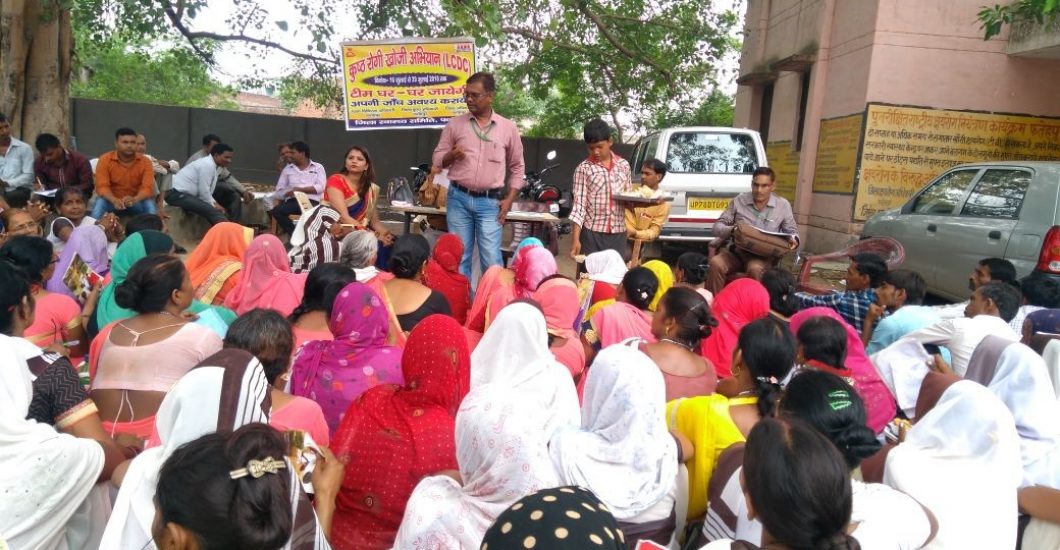
5. Increase in individual donors and donations in the Netherlands
At the Leprastichting, NLR’s international office, the individual donor base grew from 44,154 to 45,451 relations. This also resulted in an increase of the number of donations to 149,262 in 2021 (136,112 in 2020). Individual donors are the heart of our organisation. At NLR we highly value our donors and aim to tailor our communication around them. In 2021 NLR further refined it’s donor-centered approach by adapting information materials to their wishes and needs. Moreover, a stronger focus on branding, social media visibility and face-to-face fundraising also helped to generate more awareness and touchpoints with (potential) individual donors.
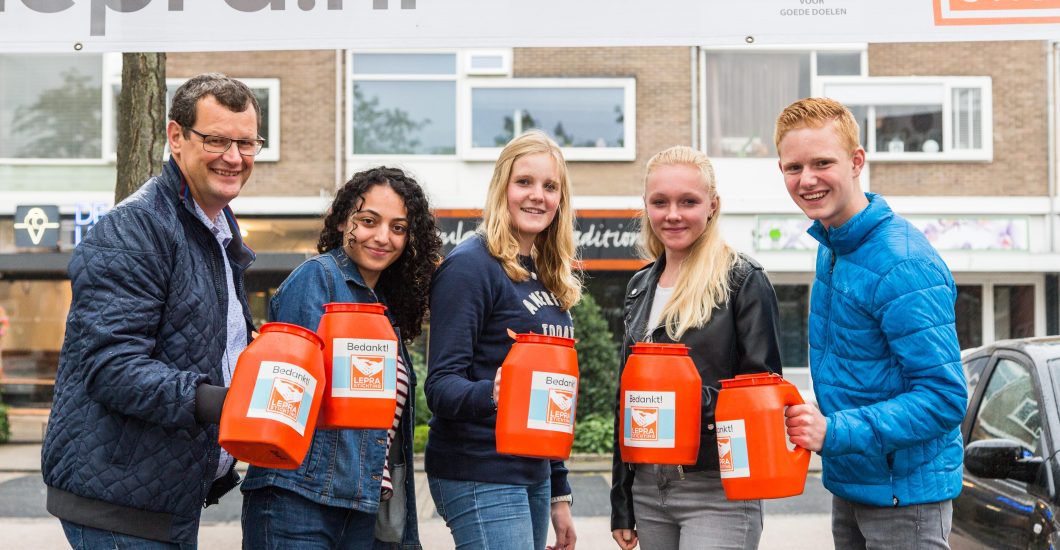
6. Fashion show of jewelry made by persons affected in Brazil
Biojewels produced by artisans from NHR Brazil’s Socioeconomic Rehabilitation project were the main attraction at a fashion show promoted at Porto Velho Shopping. The jewels were made of natural materials from the Northern Region of Brazil and had the main spot on a special night of celebration for many people involved in the project. A team of models volunteered to showcase the jewels: health managers and health workers in Rondônia, people representing the Brazilian Ministry of Health, NHR Brazil and professionals from many areas that work and dedicate to leprosy in at municipal, state and national level. The fashion show was attended by Miss Universe Rondônia 2021, Thaise Dias, by Miss Teen Rondônia 2020, Letícia Vitória, and by Mister Rondônia CNB 2021, Naraiel Ferrari. Their participation was articulated by the Movement for Reintegration of People Affected by Hansen’s Disease (Morhan).
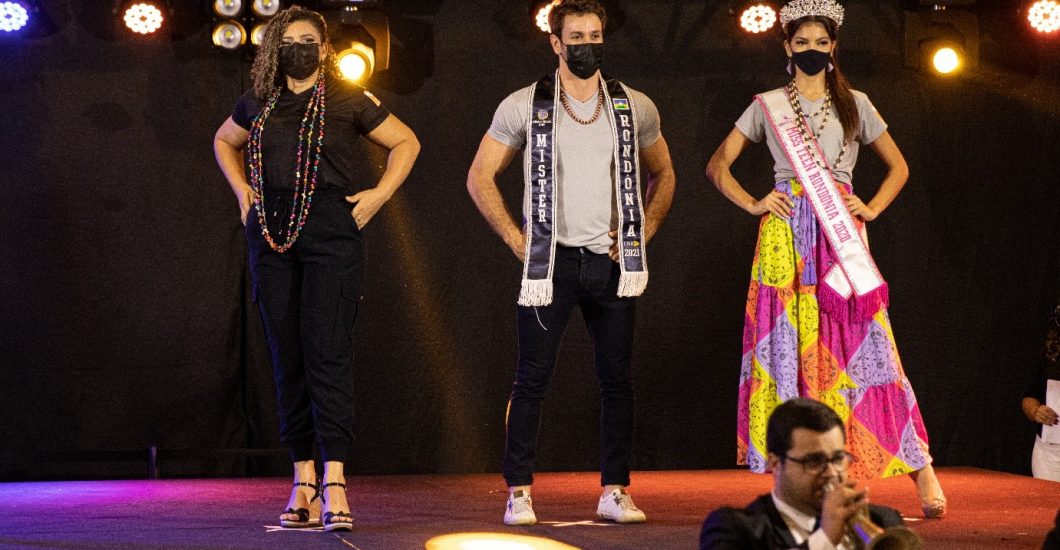
7. Transition into an Alliance of members
In 2021 the NLR Alliance took important steps in its development. All NLR members will continue working together on their shared mission towards Zero leprosy under the same NLR brand, but in a different constellation. NLR Nepal finalised its final transition phase and is now, as per January 1st 2022, a national NGO with its own board and registration independent from NLR in the Netherlands. NLR Indonesia and NLR India are currently going through the same final transition phase in which they are closely cooperating with NLR in the Netherlands on every step on the way. NLR Indonesia and NLR India expect to end their transition phase and start their life as autonomous national NGOs during the course of 2022. NLR CEO Linda Hummel visited Nepal to formalize the transition.
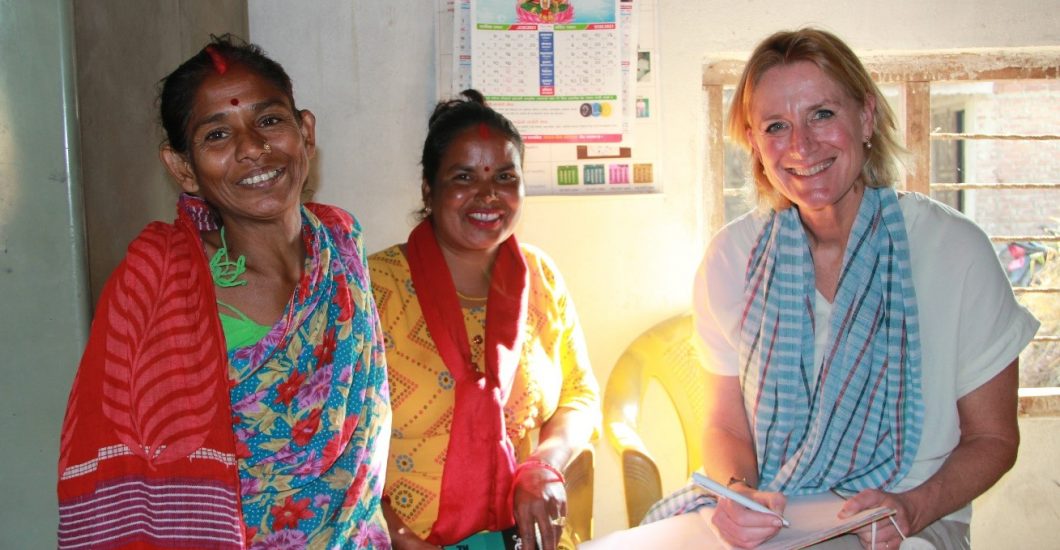
8. Ready4PEP kick off in Nigeria and Mozambique
In NLR’s Ready4PEP project a preventive treatment to stop leprosy transmission, SDR-PEP, is implemented in Nigeria and Mozambique.
In July 2021 LTR Nigeria kicked off activities in the communities in Nigeria with an official launch. Immediately afterwards activities in all 6 states got off to a quick start with contact tracing of contacts of earlier identified (former) leprosy patients and SDR-PEP administration. During the screening of close contacts, many new leprosy cases were identified. Although expected, it confirmed the importance of the interventions and success of the strategies used to find and screen contacts.
Integrated self-care Groups were set up in all 6 States joining persons affected by leprosy with those affected by lymphatic filariasis and are functioning now at a regular basis. Quality of Life of the group members will be assessed over the project’s lifetime using validated tools. Nigeria is one of the first countries to implement SDR-PEP on a larger scale. A total of 21,000 contacts are expected to receive SDR-PEP.
In Mozambique official authorisation delayed the start of SDR-PEP administration in the districts. However, towards the end of the year the first SDR-PEP could be administered to contacts of leprosy patients in Rapale district in Nampula.
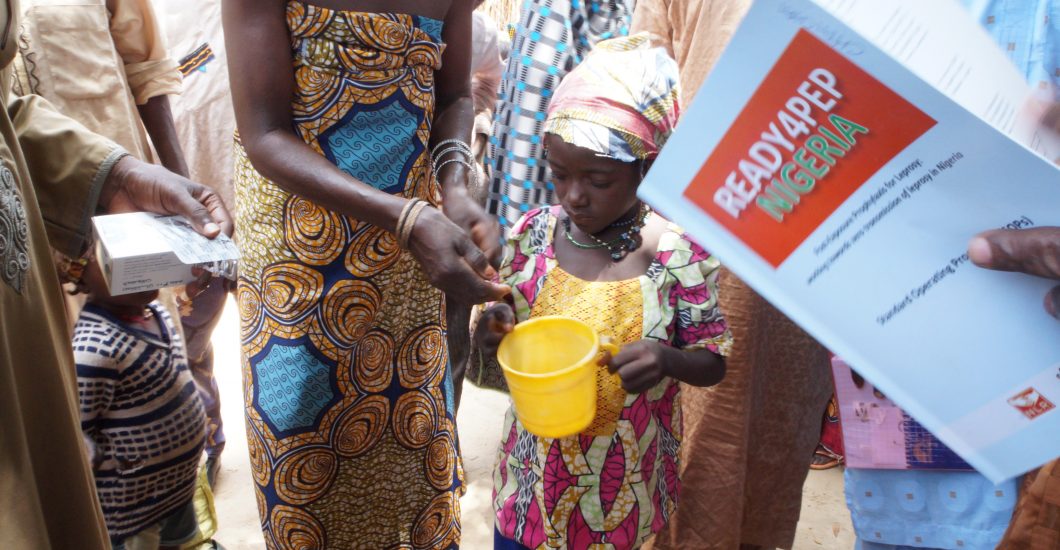
9. PEP4LEP kick off in Mozambique
In September 2021 NLR organized the launch of the PEP4LEP research project on implementing leprosy prevention methods in Mogovolas district in Nampula province, Mozambique. The Provincial Governor’s representative and the PEP4LEP implementing parties – NLR, Lúrio University and the Ministry of Health – witnessed the first hand out of a, for Mozambique, new preventive medicine for contacts of leprosy patients.
PEP4LEP is a research project that aims to identify the best approach (community based skin camp intervention compared to a health centre-based intervention) for screening people at risk of developing leprosy and administering preventive treatment in Mozambique, Ethiopia, and Tanzania. In all three PEP4LEP research countries, a total of 30,000 contacts of leprosy patients will be screened for skin diseases and treated preventively for leprosy.
The project is funded by the European & Developing Countries Clinical Trials Partnership (EDCTP), supported by the European Union, and by the Leprosy Research Initiative.
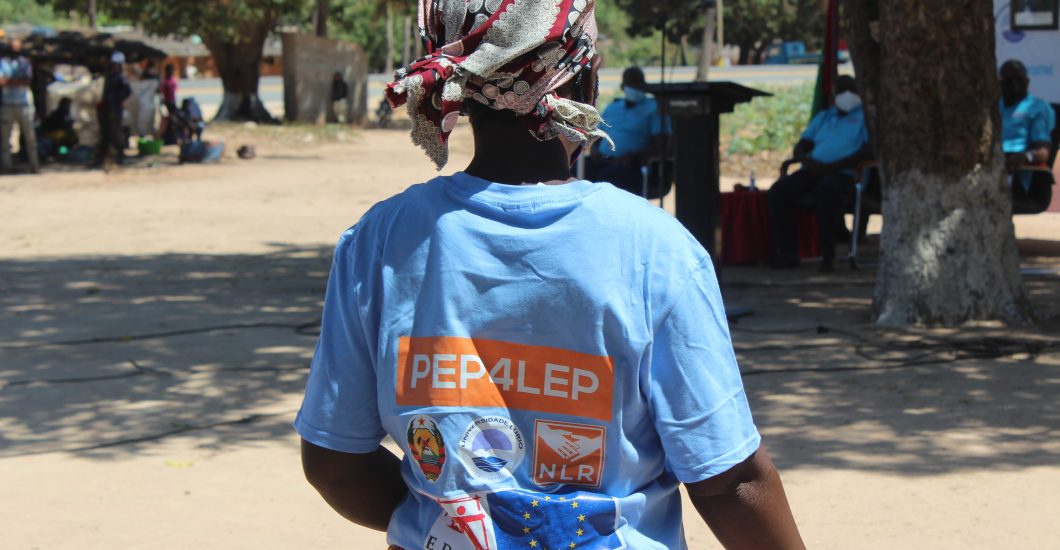
10. Start new project: Technical Capacity Building in Action!
The Technical Capacity Building in Action! is an NLR Alliance project, aiming to strongly contribute to making NLR future proof in terms of technical expertise. The project has officially started in March 2021 with the establishment of an Alliance wide project team and a successful online Master Class on transmission of leprosy, attended by more than 125 colleagues.
One of the project components conducted at the end of 2021:
How to become a leprosy expert AND a great mentor able to support the learning journey of new colleagues who fight this ancient disease. A first group of 19 technical experts of NLR / until no Leprosy Remains from Brazil, Mozambique, Nepal, India, and the Netherlands are in the middle of an online learning journey to develop their mentoring and coaching skills. The experts will form a vibrant Mentors’ Taskforce to address key gaps in knowledge and skills of technical staff across NLR.
